Your Teen is off to College!
20.4 million kids attended a college, university or trade school in 2017. Using simple math, that means approximately 40.8 million parents sent their babies off to school last year. There is so much to do and to remember! Try googling “college student checklist” and you’ll find countless links to exhaustive lists of things to remember to buy and pack. These lists include the obvious items like school supplies, but also list medicines, kitchen and bath necessities, cleaning supplies, computer/electronic needs, and items to decorate your room. All the things needed to prepare your child for college, right? It might seem so, but there is a glaring omission in this list.
When your child turns 18 years old, that “child” is considered an adult in the eyes of the law. This change comes with all the same rights and protections held by any other adult. What does this mean for you as the parent? As a parent, you no longer automatically have the right to speak freely with your child’s doctors and medical care providers. You no longer have the right to make your child’s medical decisions. You no longer have the right to manage your child’s finances, or to have access to your child’s financial records. You do not even have the right to access your child’s grades, class schedule, attendance records, etc. This is true even if you are paying for your child’s tuition, room and board, and even if your child is still on your medical insurance. Your rights as a parent are severely diminished on the day your child reaches age 18.
Accidents are the leading cause of death in young adults. Suicide by young adults is the second leading cause of death. Beyond that, approximately 250,000 Americans between the ages of 18 and 25 are hospitalized each year.
Consider what would happen if you were to receive a call that your child, who is attending college miles (maybe even states) away, has been in an accident. Yet, you as a parent do not have the right to gain information regarding the child’s condition or medical treatment options. This is a sad reality for many parents. Without being named in certain legal documents, you may have to petition a court to be appointed legal guardian of your adult child. This can be a lengthy and costly process.
Here are the critical documents for anyone age 18 and older:
- Financial Durable Power of Attorney – With this document, your child can name Mom and Dad to have the ability to manage their financial affairs (pay bills, buy/sell assets, file tax returns, etc.).
- Medical Power of Attorney (also known as a Health Care Surrogate) – This is the document in which your child can name Mom and Dad to have the ability to make medical decisions on his or her behalf (such as consenting to treatment or moving the child to a more specialized facility).
- Living Will Directive (also known as an Advance Directive) – This document controls end-of-life decisions with regard to the administration of or the removal of artificial nutrition, hydration and respiration (i.e., life support).
- HIPAA Authorization – Being named in a HIPAA Authorization will give you the ability to speak freely with your child’s physicians and medical care providers. This will also allow you the authority to have access to all of your child’s medical and psychiatric records.
- Family Educational Rights and Privacy Act (“FERPA”) Consent – A FERPA Consent is required before Mom and Dad can have access to all of their child’s school records and information, including class schedules and attendance records.
Be sure to put an estate plan for your 18 year old at the top of your Labor Day break punch list! Don’t wait until an emergency happens. Plan for tomorrow today!
– Written by Charlsey Baumeier, First Financial Resources
Sources:
1 National Center for Educational Statistics
2 National Center for Educational Statistics



